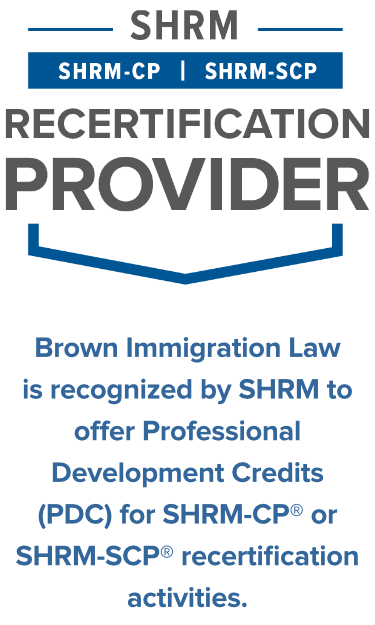In many situations, dependents are eligible for status and other immigration-related benefits based on their relationship to the principal applicant or beneficiary. For example, dependents of a beneficiary granted a nonimmigrant visa status to live and work in the U.S. will be eligible for temporary status in the respective dependent classification for the same duration as the principal beneficiary. Some nonimmigrant classifications also allow for dependent work authorization. Dependents of individuals being sponsored for an employment-based green card may also be eligible to adjust status or obtain an immigrant visa to become a Lawful Permanent Resident as a derivative of the primary applicant’s sponsorship.
Importantly, for immigration purposes, “dependents” are spouses and unmarried children who are under 21 years of age. The term child includes stepchildren and adopted children, when certain conditions are met. The Child Status Protection Act (CSPA) provides a method for calculating an applicant’s age for immigrant visa purposes to alleviate hardships faced by certain noncitizens who qualified as a “child” at the time of applying for an immigrant visa or an adjustment of status but turned 21 years of age prior to adjudication. CSPA provisions vary based on the immigrant category of the applicant and does not apply to all categories.



